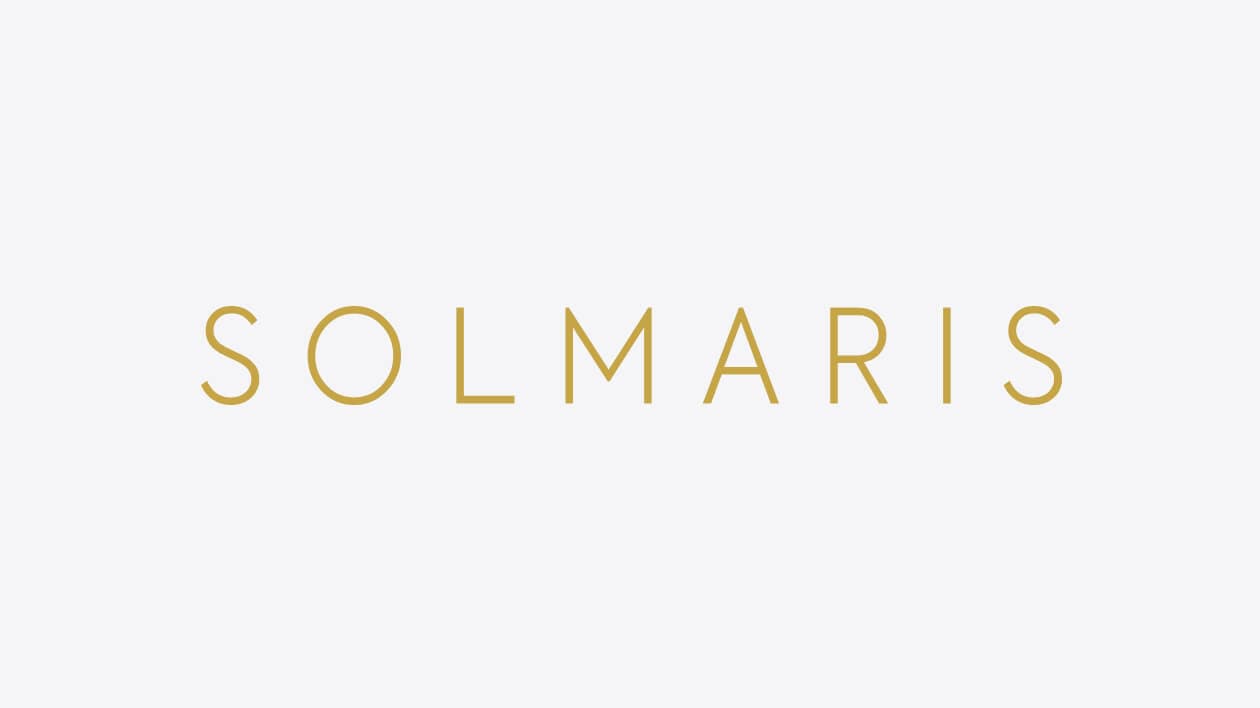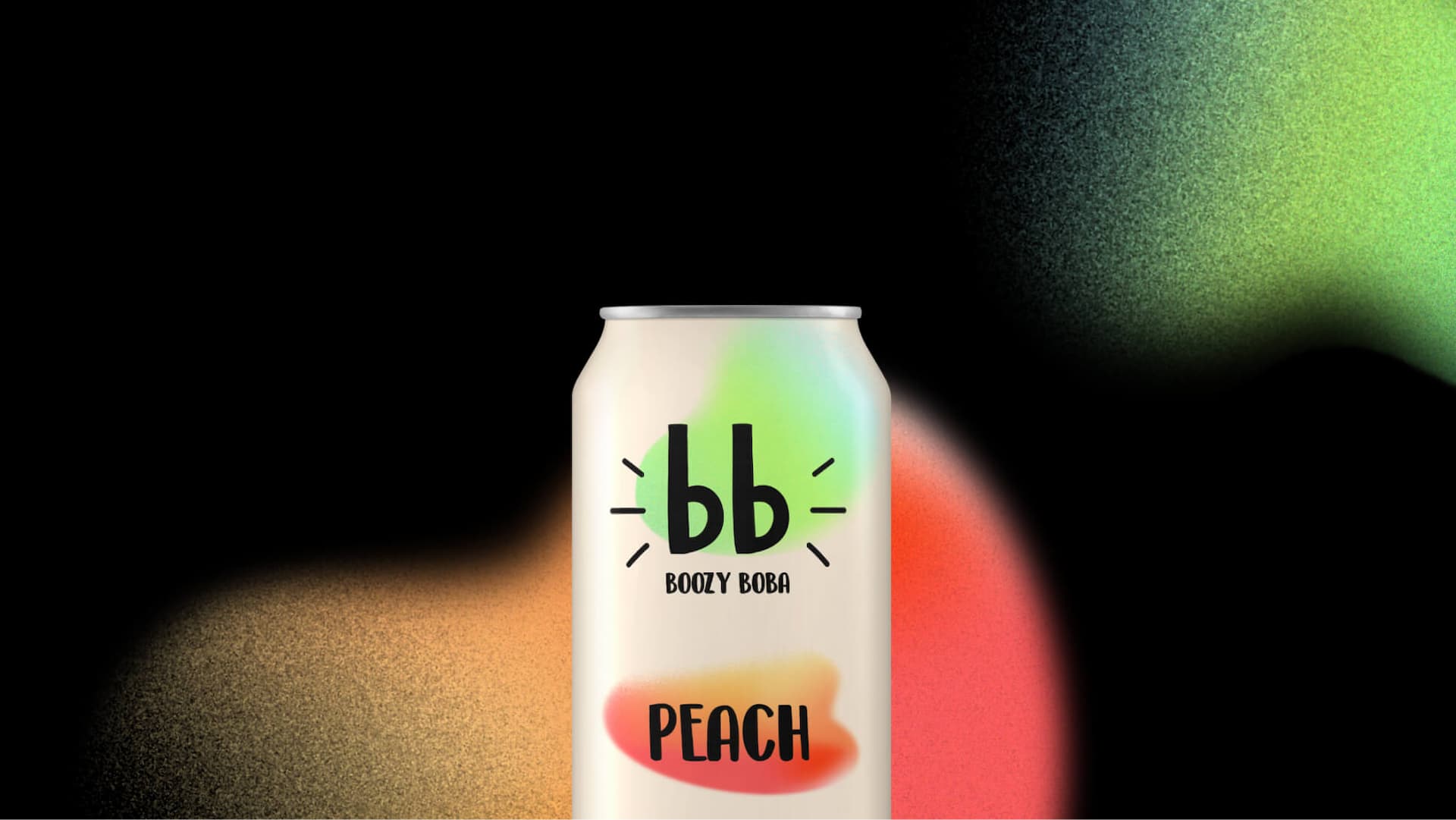Brand Strategy
Our brand strategy services help you define your brand's purpose, values, and personality. We work with you to develop a clear and compelling brand story that resonates with your target audience and drives business growth. We help you craft a unique brand identity that sets you apart from the competition and creates a lasting impression.
Brand Strategy Development
Based on our research, we craft a comprehensive brand strategy that defines your brand's purpose, values, personality, and messaging. We create a clear roadmap for your brand's future, outlining its target audience, key differentiators, and desired brand experience.
Discovery & Research
We begin by delving into your business, understanding your goals, target audience, and competitive landscape. We conduct thorough market research, analyze your current brand position, and gather insights to inform our strategy.
Implementation & Activation
We help you implement your brand strategy across all touchpoints, from your website and marketing materials to your customer service and social media presence. We provide ongoing support and guidance to ensure your brand remains consistent and effective.
Visual Identity & Brand Guidelines
We translate your brand strategy into a cohesive visual identity, including logo design, color palette, typography, and imagery. We develop comprehensive brand guidelines to ensure consistency in all your visual communications.
Design
We craft meaningful digital experiences that captivate and engage, blending creativity with strategy. From concept to execution, we make your brand stand out.
We shape distinctive brands that resonate, ensuring every element reflects your business’s core values.
Our branding process builds emotional connections, making your brand memorable and positioning it for long-term success in the market.
Even small businesses can benefit significantly from a well-defined brand strategy. It helps them establish a clear identity, attract customers, and compete with larger players in their industry. A strong brand strategy can help small businesses build a loyal following, increase brand awareness, and ultimately achieve long-term success.
A strong brand strategy can help you attract new customers by making your brand more visible, appealing, and memorable. By defining your target audience, crafting compelling messaging, and creating a unique brand experience, you can reach the right customers and make a lasting impression.
Creating a strong brand identity involves developing a unique visual language that represents your brand's personality and values. This includes elements such as your logo, colors, fonts, imagery, and overall design aesthetic. A strong brand identity should be memorable, consistent, and relevant to your target audience.
To create a consistent brand experience, you need to ensure that your brand messaging and visual identity are consistent across all channels. This includes your website, social media, marketing materials, and customer service interactions. A consistent brand experience helps build trust and recognition among customers.
You can measure the success of your brand strategy by tracking key metrics such as brand awareness, customer satisfaction, brand loyalty, sales and revenue, and market share. By monitoring these metrics, you can see how your brand is performing and make adjustments to your strategy as needed.
Saypr's team of experienced brand strategists will work closely with you to understand your business goals, target audience, and competitive landscape. We will then develop a customized brand strategy that aligns with your vision and objectives. Our goal is to help you create a strong brand that resonates with your target audience, drives business growth, and sets you apart from the competition.
Saypr offers a range of brand strategy services to help businesses of all sizes develop a clear and compelling brand story. Our team of experienced brand strategists will work with you to understand your business goals, target audience, and competitive landscape. We will then use this information to develop a unique brand strategy that aligns with your vision and objectives.
Developing a brand strategy is a collaborative process that involves in-depth research, analysis, and brainstorming. We work closely with our clients to understand their business goals, target audience, and competitive landscape. We then use this information to develop a unique brand strategy that aligns with their vision and objectives.
The success of a brand strategy can be measured through a variety of metrics, including: * **Brand awareness:** How many people are aware of your brand? * **Customer satisfaction:** How satisfied are your customers with your brand? * **Brand loyalty:** How likely are your customers to recommend your brand to others? * **Sales and revenue:** Is your brand generating the desired sales and revenue? * **Market share:** Is your brand gaining market share in its industry?
The time it takes to develop a brand strategy can vary depending on the complexity of the project and the client's involvement. However, it typically takes several weeks to a few months to complete the process.
The cost of brand strategy services can vary depending on the scope of the project, the size of the business, and the experience of the agency. It is best to contact a brand strategy agency for a custom quote.
Some common brand strategy mistakes include: * **Not defining a clear target audience:** It's important to know who you are trying to reach with your brand message. * **Focusing too much on features and not enough on benefits:** Customers are more interested in what your brand can do for them, not just what it offers. * **Inconsistency in branding:** Your brand messaging and visual identity should be consistent across all channels. * **Not adapting to change:** The market is constantly evolving, and your brand strategy should adapt accordingly. * **Not measuring results:** It's important to track your brand strategy's performance and make adjustments as needed.
Some examples of brands with strong brand strategies include Apple, Nike, Disney, Starbucks, and Google. These brands have all successfully built a strong brand identity, cultivated a loyal customer base, and achieved significant market success.
There are many examples of successful brand strategies, such as: * **Apple:** Known for its minimalist design, innovative products, and premium pricing. * **Nike:** Known for its empowering and aspirational brand messaging. * **Disney:** Known for its family-friendly entertainment and iconic characters. * **Starbucks:** Known for its commitment to sustainability and social responsibility. * **Google:** Known for its user-friendly products and search engine dominance.
Key elements of a successful brand strategy include: * **Clear brand purpose:** A well-defined reason for your brand's existence. * **Strong brand values:** Core principles that guide your brand's decisions. * **Targeted audience:** A specific group of people you want to reach with your brand. * **Unique brand positioning:** How you differentiate your brand from the competition. * **Compelling brand messaging:** Clear and concise communication about your brand's value proposition. * **Consistent brand experience:** A unified brand message and visual identity across all channels.
A strong brand strategy offers numerous benefits, including: * **Increased brand awareness:** A clear and compelling brand story makes it easier for people to remember and recognize your brand. * **Improved customer loyalty:** A consistent brand experience builds trust and loyalty among customers. * **Enhanced brand value:** A strong brand can command a premium price and attract investors. * **Greater market share:** A well-defined brand strategy helps you reach your target audience more effectively and compete in the market. * **Improved employee engagement:** A strong brand culture can inspire and motivate employees to go the extra mile.
A comprehensive brand strategy typically includes the following elements: * **Brand Purpose:** The reason why your brand exists and what it aims to achieve in the world. * **Brand Values:** The core principles that guide your brand's decisions and actions. * **Target Audience:** The specific group of people you want to reach with your brand. * **Brand Positioning:** How you want your brand to be perceived in relation to your competitors. * **Brand Messaging:** The key messages you want to communicate about your brand. * **Visual Identity:** The design elements that represent your brand, such as logo, colors, fonts, and imagery.
Brand strategy is the overarching plan for how you want your brand to be perceived in the market. It encompasses your brand's purpose, values, target audience, messaging, and visual identity. A strong brand strategy helps you communicate your brand's value proposition effectively and build lasting relationships with your customers.
Branding refers to the overall image and experience that your brand creates for customers. It encompasses everything from your logo and website to your customer service and marketing messages. Brand strategy, on the other hand, is the plan that guides your branding efforts. It provides a roadmap for how you want to build and manage your brand over time.
A well-defined brand strategy is crucial for any business, regardless of size or industry. It helps you stand out in a crowded marketplace, attract and retain customers, and build a loyal following. It provides a roadmap for your marketing efforts, ensuring that all your communications are consistent and aligned with your brand's overall message.

















